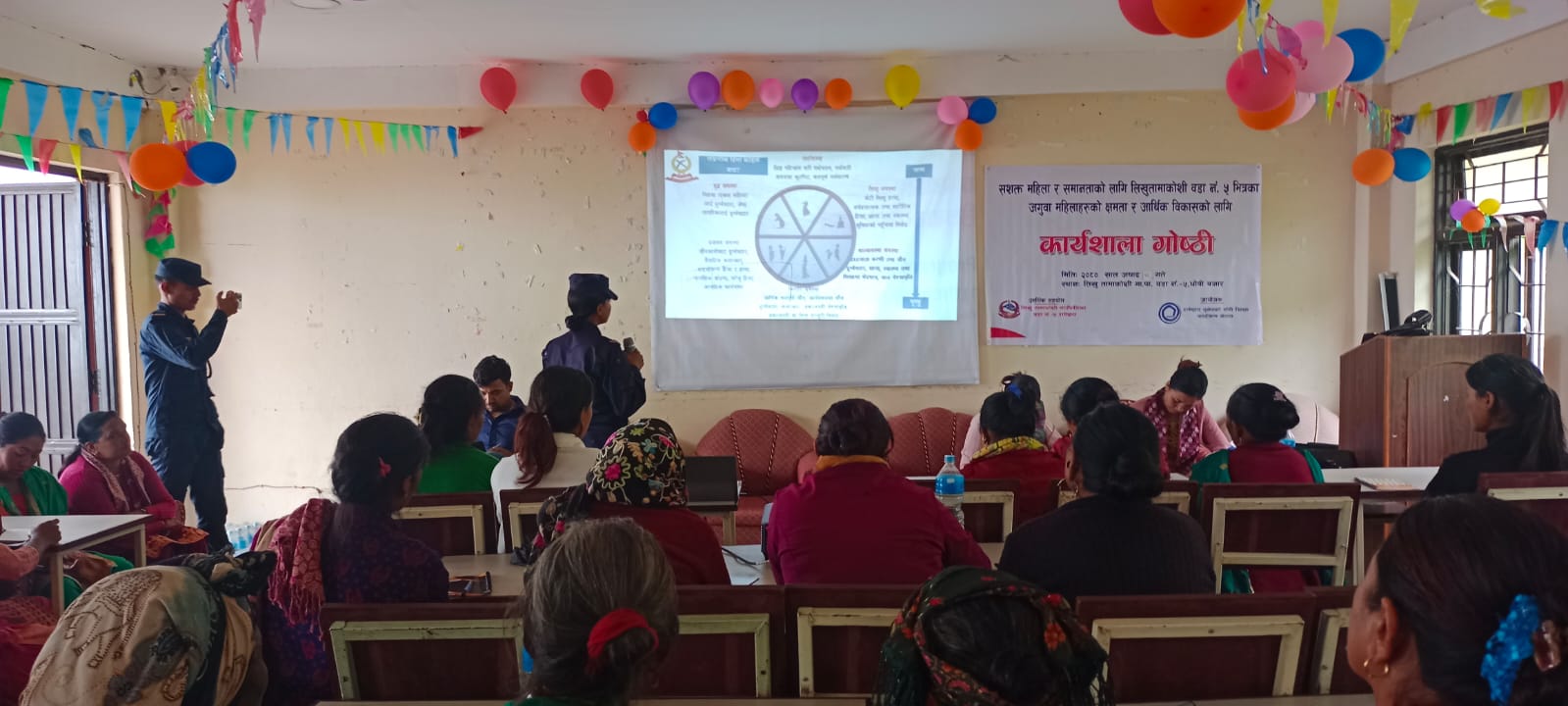Eco-Efficient Water Infrastructure Project
Description:
The Eco-Efficient Water Infrastructure Project is a focused initiative aimed at implementing sustainable water management solutions to improve water access and quality while minimizing environmental impact. This project integrates eco-friendly technologies and practices to optimize water usage, reduce energy consumption, and mitigate pollution in urban and rural areas.
Key Components:
1. Rainwater Harvesting Systems:
– Installation of rainwater harvesting systems in residential, commercial, and institutional buildings to capture and store rainwater for various non-potable uses such as irrigation, toilet flushing, and groundwater recharge.
– Implementation of green roofs and permeable pavements to enhance rainwater infiltration and reduce runoff, thereby alleviating pressure on stormwater drainage systems.
2. Greywater Recycling:
– Introduction of greywater recycling systems in households and public facilities to treat and reuse wastewater from sinks, showers, and laundry for purposes like landscape irrigation and toilet flushing.
– Promotion of decentralized greywater treatment solutions using natural processes like filtration, biofiltration, and constructed wetlands to minimize energy consumption and chemical usage.
3. Water-Efficient Technologies:
– Deployment of water-efficient fixtures and appliances, including low-flow toilets, faucets, and showerheads, to reduce water consumption without compromising performance.
– Adoption of smart irrigation systems equipped with sensors and controllers to optimize watering schedules based on weather conditions and soil moisture levels, thereby conserving water resources.
4. Renewable Energy Integration:
– Integration of renewable energy sources such as solar and wind power to meet the energy needs of water treatment and distribution systems, reducing reliance on fossil fuels and minimizing greenhouse gas emissions.
– Implementation of energy-efficient pumps, motors, and controls in water infrastructure to enhance operational efficiency and reduce energy costs.
5. Community Engagement and Education:
– Community workshops, awareness campaigns, and educational programs to promote water conservation practices, raise environmental awareness, and encourage behavioral change among residents, businesses, and local authorities.
– Collaboration with stakeholders, including government agencies, NGOs, and private sector partners, to foster knowledge sharing, capacity building, and collective action towards sustainable water management.
The Eco-Efficient Water Infrastructure Project aims to demonstrate the feasibility and benefits of eco-friendly approaches in water infrastructure development, paving the way for broader adoption of sustainable practices and contributing to the resilience of communities in the face of water-related challenges and climate change.

